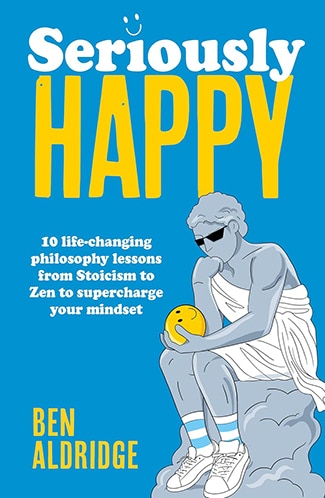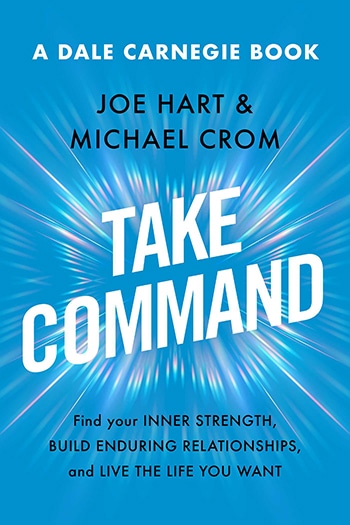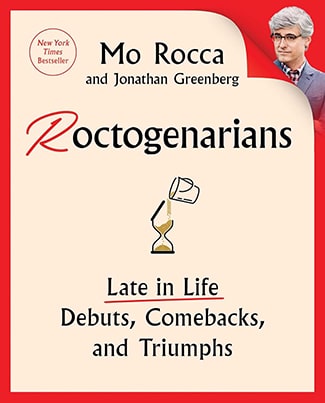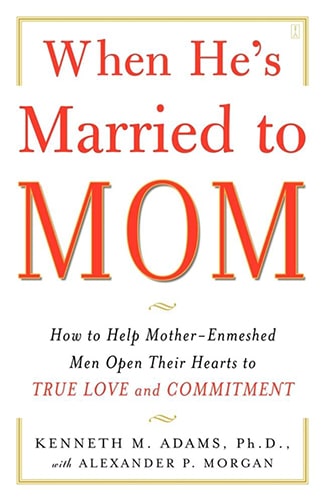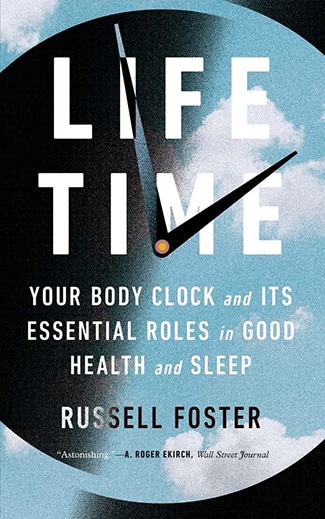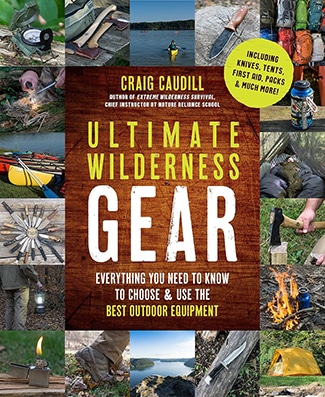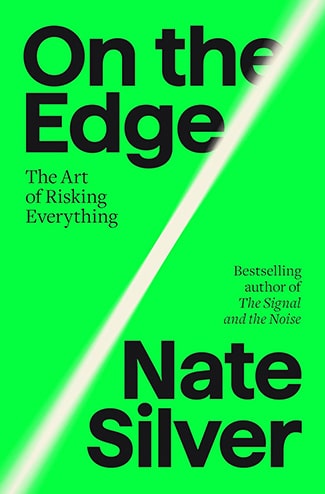Podcast Summary
Dale Carnegie's Books: Dale Carnegie's books 'How to Win Friends and Influence People' and 'How to Stop Worrying and Start Living', written in the 1930s, remain popular today due to their timeless advice on positive mindset, winning friends, and influencing people. Carnegie's work continues through Dale Carnegie and Associates, with recent updates in 'Take Command'.
Dale Carnegie's books "How to Win Friends and Influence People" and "How to Stop Worrying and Start Living," written almost a century ago, continue to resonate with audiences in the 21st century. Dale Carnegie, who grew up in poverty and discovered his gift for public speaking, wrote these classics based on his experiences and insights. "How to Win Friends and Influence People" was an immediate cultural phenomenon when it was published in 1936 and has remained a best-seller for over eighty-five years. The books offer timeless advice on developing a positive mindset, winning friends, and influencing people. Carnegie's work continues through Dale Carnegie and Associates, with President and CEO Joe Hart recently co-authoring "Take Command" to update and expand on Carnegie's principles.
Dale Carnegie's Principles: Dale Carnegie's teachings continue to inspire personal and professional growth through the Dale Carnegie and Associates company and updated books like 'Take Command'.
The timeless principles of Dale Carnegie's work continue to inspire and transform lives through the Dale Carnegie and Associates company. His books, such as "How to Win Friends and Influence People," have been instrumental in shaping the interpersonal skills, self-confidence, and leadership abilities of countless individuals. The organization, now a global entity with over 200 operations in 80 countries, offers various programs based on Dale Carnegie's teachings, including the Dale Carnegie course. Many successful individuals, including Warren Buffett, credit these programs with having a significant impact on their personal and professional growth. The work of Dale Carnegie, updated for the 21st century in books like "Take Command" by Brett Bevell and Michael Crom, remains a valuable resource for anyone seeking to improve their relationships, build inner strength, and live a more intentional life.
Mindset and Emotions: Recognizing the power of thoughts and mindset can help manage emotions, overcome challenges, and build resilience. Techniques like accepting the worst-case scenario, working back from it, and giving oneself a pep talk can promote a positive mindset.
According to Dale Carnegie in his book "How to Stop Worrying and Start Living," the power of our thoughts and mindset plays a significant role in managing emotions and overcoming challenges. Carnegie emphasized the importance of recognizing the difference between two people in the same situation with varying reactions. It's not about ignoring problems but rather focusing on the right frame of thinking to effectively overcome them. Techniques such as accepting the worst-case scenario, working back from it, and giving oneself a pep talk can help develop a positive mindset and build resilience. Carnegie believed that people are capable of more than they think and encouraged focusing on successes and seeking support from others when needed. In essence, Carnegie's teachings encourage individuals to be proactive in managing their thoughts and emotions to live more fulfilling lives.
Mindset and Emotions: Focusing on positivity and gratitude can enhance our experiences and interactions, while acknowledging emotions in others can lead to effective communication and stronger relationships.
Our mindset plays a significant role in shaping our experiences and interactions with the world around us. Dale Carnegie emphasized the importance of focusing on positivity and gratitude, as it can help us become more enthusiastic and confident. Our thoughts have the power to create our reality, as Marcus Aurelius famously said, "Our lives are what our thoughts make it." Moreover, when dealing with others, it's crucial to remember that people are emotional beings, not logical machines. By acknowledging and addressing the emotional component in our interactions, we can communicate more effectively and build stronger relationships. So, in essence, cultivating a positive mindset and understanding the emotional nature of others are essential keys to living a fulfilling and successful life.
Understanding others: Understanding and catering to others' desires, needs, emotions, and perspectives is essential for building strong relationships and positively influencing them.
Key takeaway from the discussion on Dale Carnegie's "How to Win Friends and Influence People" is the importance of understanding and catering to the unique desires, needs, emotions, and perspectives of others. Carnegie emphasized the need to get inside the other person's head and see things from their point of view. Additionally, making people feel important, appreciated, and recognized is crucial for building strong relationships and influencing them positively. These insights, rooted in human nature, can significantly improve interactions and satisfaction in various aspects of life.
Making people feel important: Sincere appreciation and honest communication are effective ways to make people feel important and appreciated, leading to stronger relationships and personal growth
According to Dale Carnegie, the key to influencing people and building strong relationships is to make them feel important and appreciated. This desire to be respected and valued is a fundamental human need, and it's especially crucial in today's individualistic society where people often feel disconnected. Carnegie's principles, which include sincere appreciation and honest communication, are timeless and can significantly improve our interactions with others. It's essential to remember that these techniques are not just tactics but a way of living and treating people. While some may see them as manipulative, Carnegie's intention was to help people build better relationships and discover their hidden potential. By praising even the slightest improvement, we can make a significant impact on someone's day and encourage them to continue improving. Ultimately, Dale Carnegie's teachings offer a roadmap to unlocking our full potential and creating meaningful connections with others.
Appreciation and Relationships: Practice sincere appreciation, communicate boundaries, understand difficult people's perspectives, and focus on positive intentions to build and improve relationships.
Showing appreciation and making people feel important is essential for building and improving relationships. Dale Carnegie's principles suggest starting small by practicing one principle, such as giving sincere appreciation, and focusing on not criticizing or complaining. When dealing with difficult people, it's important to communicate boundaries and try to understand their perspective. Dale Carnegie emphasized the importance of assuming positive intentions and focusing on the redeeming qualities of others. Remember, every person has something to teach us, and active listening and empathy can go a long way in building stronger relationships. Communicating boundaries and having open conversations can help prevent misunderstandings and improve interactions with difficult people. Ultimately, Dale Carnegie's teachings encourage us to approach relationships with a positive attitude, active listening, and a willingness to understand and appreciate others.
Intentional Living: Manage thoughts and emotions (How to Stop Worrying and Start Living), build strong relationships (How to Win Friends and Influence People), and develop a vision for your life (Dale Carnegie) to live intentionally and satisfyingly.
To live a fulfilling and intentional life, it's essential to take command of your thoughts, emotions, relationships, and future. The first part of this involves managing your thoughts and emotions, as outlined in "How to Stop Worrying and Start Living." The second part is about building strong relationships, as taught in "How to Win Friends and Influence People." The third part, which comes from the Dale Carnegie course, is about developing a vision for your life and creating meaning. This means identifying your values, setting goals, and considering the impact you want to have on the world. By focusing on these areas, you can live a more intentional and satisfying life.
Two mountains in life: Life has two mountains: one for our goals and aspirations, and another for finding meaning and purpose. Cherish every day and make it count towards personal growth and a larger legacy.
According to Joe Hart, there are two mountains in life. The first mountain represents our goals and aspirations, such as getting a career, going to college, or getting fit. The second mountain, however, is about finding meaning and purpose in life beyond opportunities. This could be through community service, spending time with family, or pursuing a larger legacy. The second mountain often chooses us based on our situation and values. Hart encourages us to cherish every day and make it count towards our personal growth and meaning in life. We can find more information about Joe Hart and his work, including his book "Take Command," on DaleCarnigie.com and takecommandbook.io. Hart emphasizes the importance of having a growth mindset and encourages self-improvement through Dale Carnegie courses and books like "How to Win Friends and Influence People," "How to Stop Worrying and Start Living," and "Take Command."

